What real-world data will regulators consider in Europe?
A 2024 Data Quality Framework (DQF) from the European Medicines Agency (EMA) aims to provide…
A 2024 Data Quality Framework (DQF) from the European Medicines Agency (EMA) aims to provide some guidance for drug manufacturers. Here is a summary of that document. Factors to be considered when evaluating RWD Key factors to be considered in the EMA’s DQF include: Reliability: Are the data correct?Extensiveness: Are the data enoughCoherence: Are the…

About 22 million Americans would face sharply higher healthcare costs if enhanced ACA tax credits expire at the end of the year. Experts warn that the impact would extend beyond just families relying on ACA courage — also straining hospitals, increasing uncompensated care and potentially costing the economy hundreds of thousands of jobs. The post…
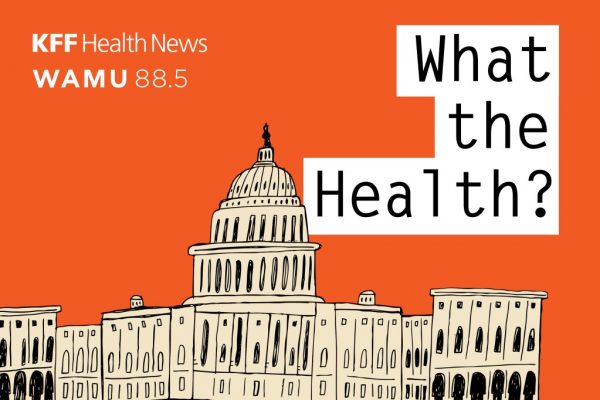
The Host Julie Rovner KFF Health News @jrovner @julierovner.bsky.social Read Julie’s stories. Julie Rovner is chief Washington correspondent and host of KFF Health News’ weekly health policy news podcast, “What the Health?” A noted expert on health policy issues, Julie is the author of the critically praised reference book “Health Care Politics and Policy A…

By KRISTINA SMITH & PHIYEN NGUYEN Policymakers and advocates often promote drug price transparency to lower costs and improve equity. While transparency is an important first step toward accountability and informed public budgeting, it does not guarantee affordable prices or fair access to medicines. Transparency Has Some Benefits Drug price transparency helps show how and…
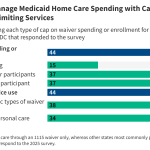
Using data from the 23rd KFF survey of officials administering Medicaid home care programs, this issue brief describes the mechanisms states are currently using to limit Medicaid spending on home care and their plans for adopting new mechanisms in state fiscal year (FY) 2026.
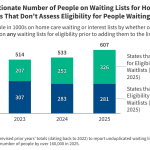
This data note provides new information about waiting lists in Medicaid home care before many of the provisions in the 2025 reconciliation law go into effect. The data come from KFF’s 23rd survey of officials administering Medicaid home care programs in all 50 states and DC.
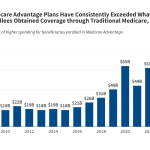
This brief explains how Medicare Advantage payments are determined and provides an overview of policy options to change the Medicare Advantage payment system.
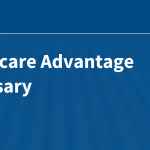
This glossary serves as a guide to the sometimes arcane terms that inhabit the world of Medicare Advantage, the private plan alternative to traditional Medicare.
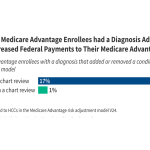
Using Medicare Advantage encounter data, this analysis finds that 62% of Medicare Advantage enrollees have at least one chart review record and that diagnoses added from chart reviews increase payments from CMS to insurers for 17% of enrollees. The use of chart reviews varies across the largest Medicare Advantage insurers.

A universal medical coder, applied consistently across care settings, offers a practical solution to the enduring challenge of data integrity. The post The Case for a Universal Medical Coder in Achieving True Interoperability appeared first on MedCity News.